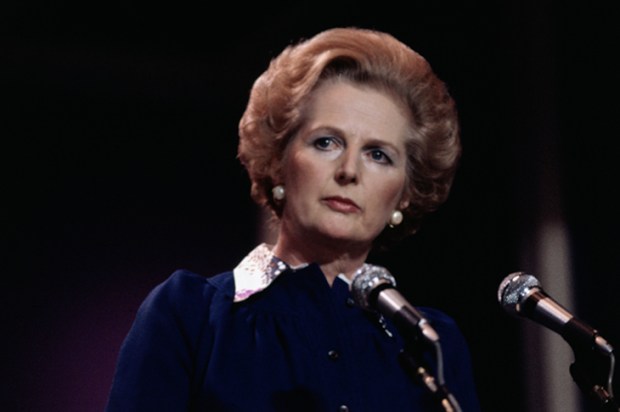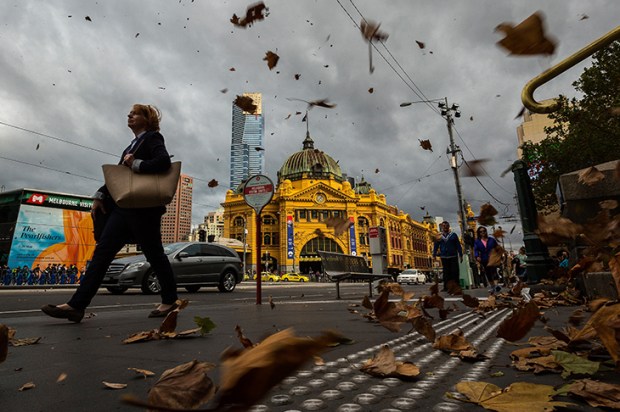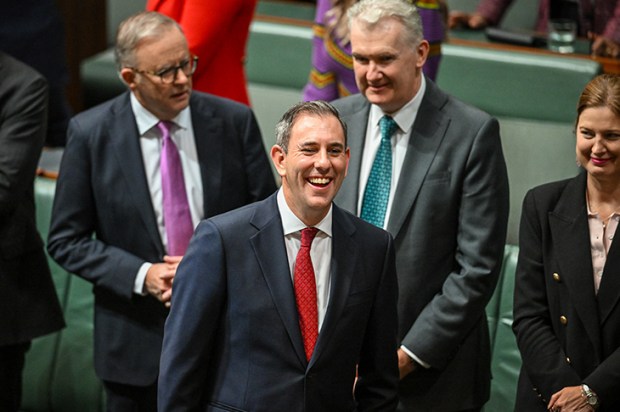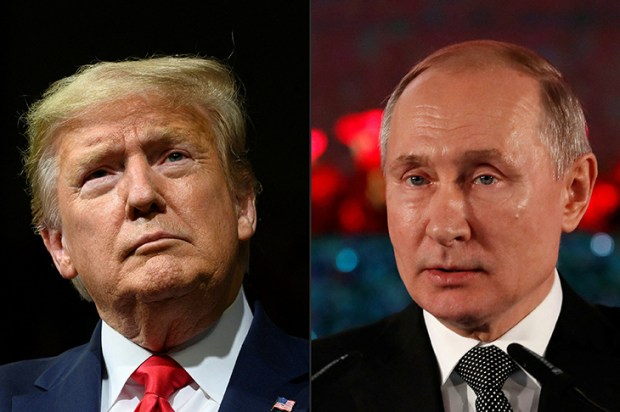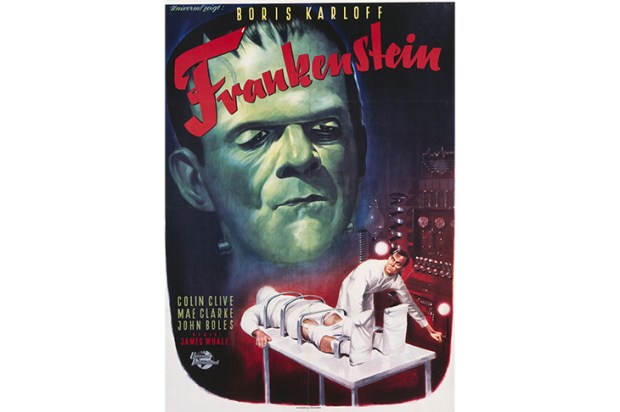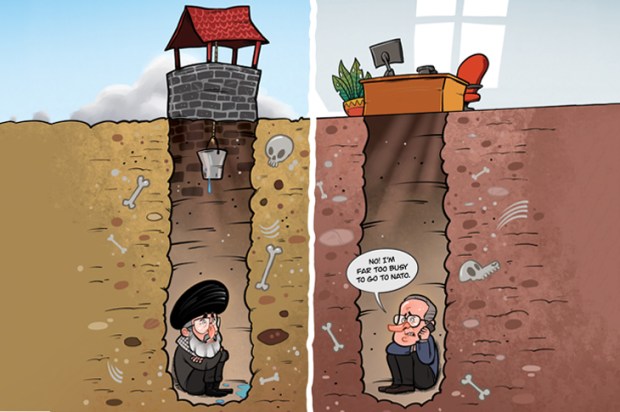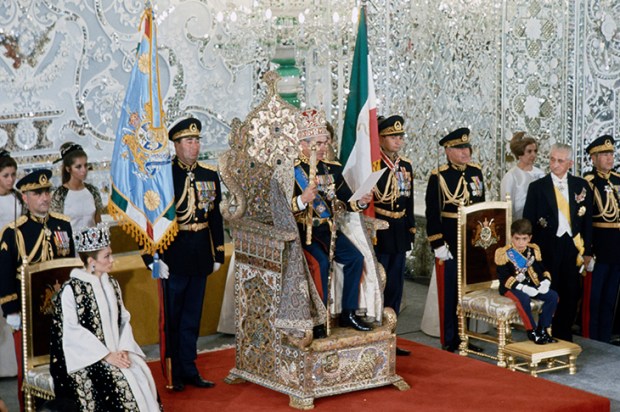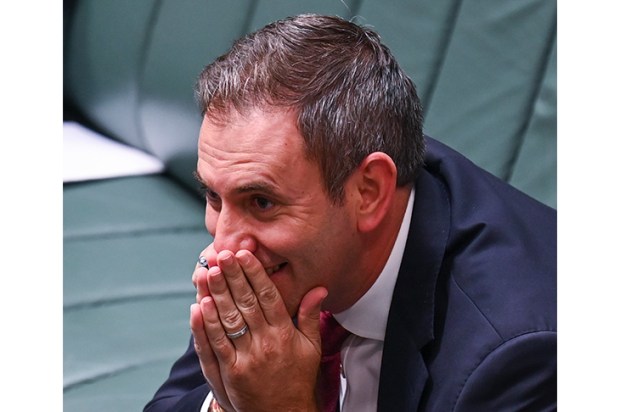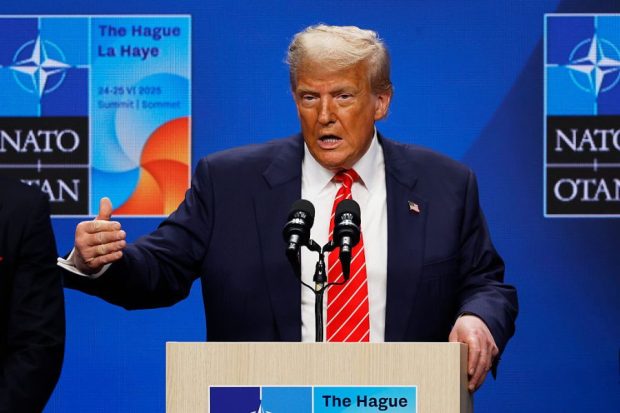In October 2022, when former Chinese president and respected party elder, Hu Jintao, was televised being unceremoniously escorted out of Beijing’s Great Hall of the People, the whole world got a glimpse of the ruthlessness of Chinese politics.
Hu’s departure was during the closing ceremony of the Communist party’s 20th National Congress during which Xi Jinping had secured an unprecedented, third, five-year term as party chief. Hu’s humiliation sent an emphatic signal that the Xi faction was in absolute control,
Since then several purges have been conducted, intended to further entrench the ‘Chairman of Everything’, by ensuring only those close to him secured senior positions.
But it’s no longer happy days in the Forbidden City.
Unfortunately for Xi, the Chinese economy continues to suffer from a lack of domestic demand. The sudden cancellation of orders and a decline in exports due to US President Donald Trump’s punitive tariffs, have added to the growing number of factory closures. Weakening personal consumption is now dragging down the earnings of consumer-related businesses. Net profit in the accommodation and food services sectors has declined by almost 20 percent.
Overhanging all, is the the liquidation of Evergrande. Once China’s largest real estate developer, its collapse was triggered by a massive debt crisis and a series of defaults. Some 60 million dwellings, around 22 per cent, remain empty. This overhang has led to serious knock-on effects. Last year, out of 45 steel companies, 38 ended in the red or with reduced profits, resulting in an overall net loss. Net profits in the building materials industry fell nearly 50 percent, while those in the electronics sector improved at half the previous rate.
Predictably bank failures are growing rapidly. A staggering 80 percent of Chinese banks have seen their interest margins fall below the industry threshold for profitability. To forestall contagion, small and medium-sized banks are being acquired by major state-owned banks and, while immediate collapse may have been averted, these actions are most likely just a Band-Aid.
Electric vehicles, which have been central to President Xi’s economic plans, face increasingly aggressive price competition together with steep US, Canadian and EU tariffs. Despite fake registrations to inflate sales, industry leader BYD is experiencing serious inventory overhang, major dealership closures, and falling demand, giving rise to claims that BYD will become the Evergrande of the auto industry.
In another ominous sign for Beijing, data from consultant Omdia shows that US iPhones shipped from India in April reached roughly 3,000,000, in stark contrast to shipments from China of 900,000 over the same period. It demonstrates how China’s ‘wolf warrior’ diplomacy is accelerating the search for supply chain resilience.
Still, according to the Global Times, Beijing’s ‘latest stimulatory policies’ did see ‘strong resilience and vitality in May’. It’s true, subsidised retail sales increased, but industrial output slowed. However, with total debt at 312 per cent of GDP, these subsidies are unsustainable. More worrying, foreign direct investment is the lowest for 30 years compelling Beijing to become the developing world’s leading debt collector – a significant reversal from its previous role as generous capital provider.
Predictably, President Xi’s economic woes have led to intractable social consequences. Youth unemployment is running at 16.5 per cent with the BBC reporting that China has become a country where a high-school handyman has a master’s degree in physics; a cleaner is qualified in environmental planning; a delivery driver studied philosophy, and a PhD graduate from the prestigious Tsinghua University must apply to become an auxiliary police officer.
Factory closures and unpaid wages saw a 21-per-cent upsurge in protests in the last quarter of 2024, compared with the same period in 2023. Random street crime, dubbed ‘revenge against society’, has resulted in mounting deaths and serious injury.
The government’s slogan of ‘Technological Empowerment’ is also forcing angry farmers to grow food under solar panels, significantly reducing crop yields and farming income.
Overtaken by reality, Xi Jinping quietly abandoned his ambition for China to become the world’s largest economy by 2035. He knows a declining birth rate, a shrinking workforce, along with institutionalised social and economic rigidities, render it unachievable.
But what happens in the future may not be Xi’s decision. Even in Communist dictatorships there are political consequences for failed leaders.
As Nikkei Asia reports, Xi Jinping’s political faction is running a race for political survival. Xi’s recent public absence and a forced reshuffle, are so unusual that they have sparked intense speculation about Xi’s status. This speculation has been compounded by his uncharacteristic instruction to government and party officials to draw up the medium-term blueprint ‘in a scientific and democratic way and in accordance with the law’. These are the precise words used by Hu Jintao when handing over the party general secretary role to Xi in 2012. It suggests the Hu faction is now in control.
But it’s not only Xi Jinping facing an existential threat but the CCP itself. The Party chose Xi to re-establish absolute authority to counter former Paramount Leader, Deng Xiaoping’s embrace of market capitalism, which saw 600 million people lifted out of poverty and the ultimate loosening of state control.
Now, the question for whoever commands China today is, can two decades of structural authoritarian decay be undone by returning to Deng Xiaoping’s liberating reforms or is it already too late?
There is certainly no quick fix. Even keeping Xi as a proxy for the Hu faction may not be enough to prevent leadership instability and China’s return to its warlord past, portending unpredictable global implications.
Meanwhile, the CCP’s weakening domestic authority may demand a diversionary Taiwan blockade or invasion, or, some other South China Sea distraction. With the US now stationing military personnel in Taiwan, the stakes for such an adventure have been raised.
Despite all, the media continues to obsess over President Trump’s perceived shortcomings, leaving Australians to swallow Beijing’s propaganda, blissfully unaware of the real and present danger unfolding to their north.
Got something to add? Join the discussion and comment below.
You might disagree with half of it, but you’ll enjoy reading all of it. Try your first month for free, then just $2 a week for the remainder of your first year.


